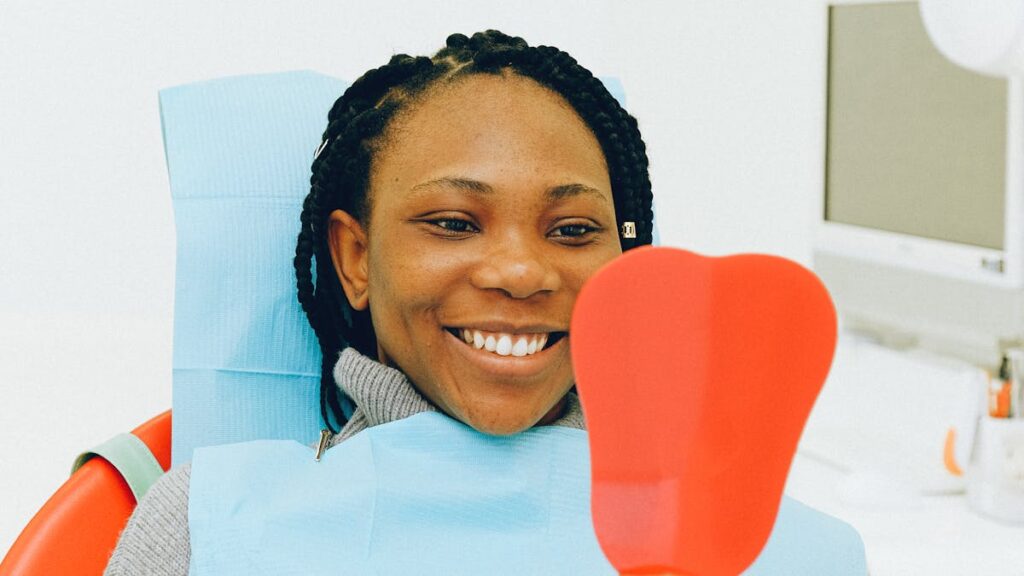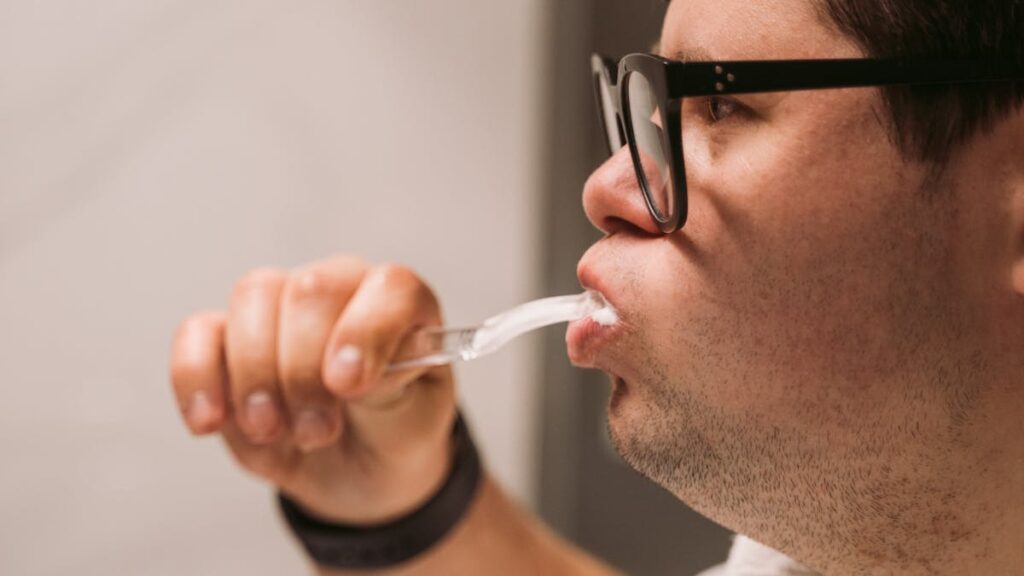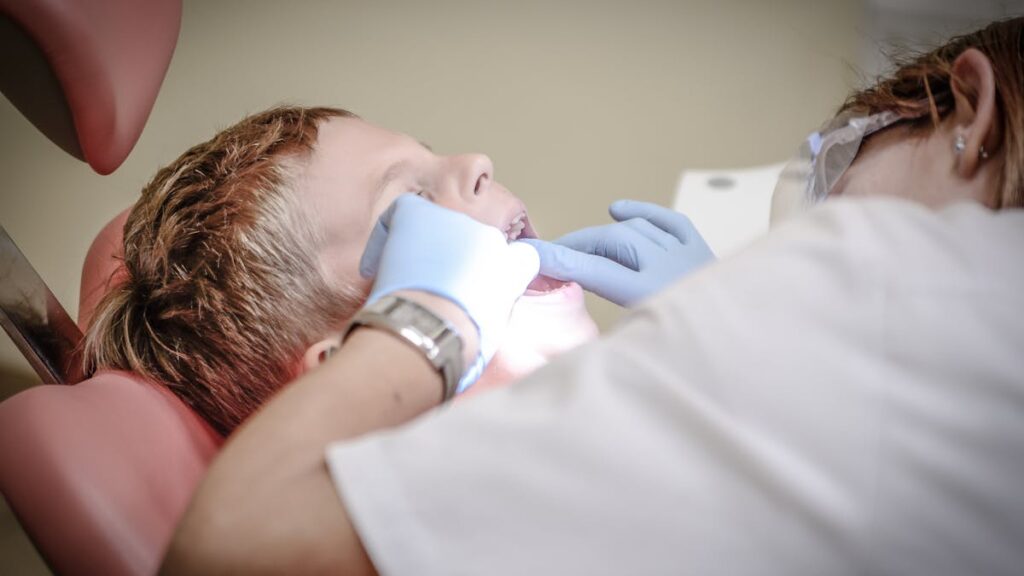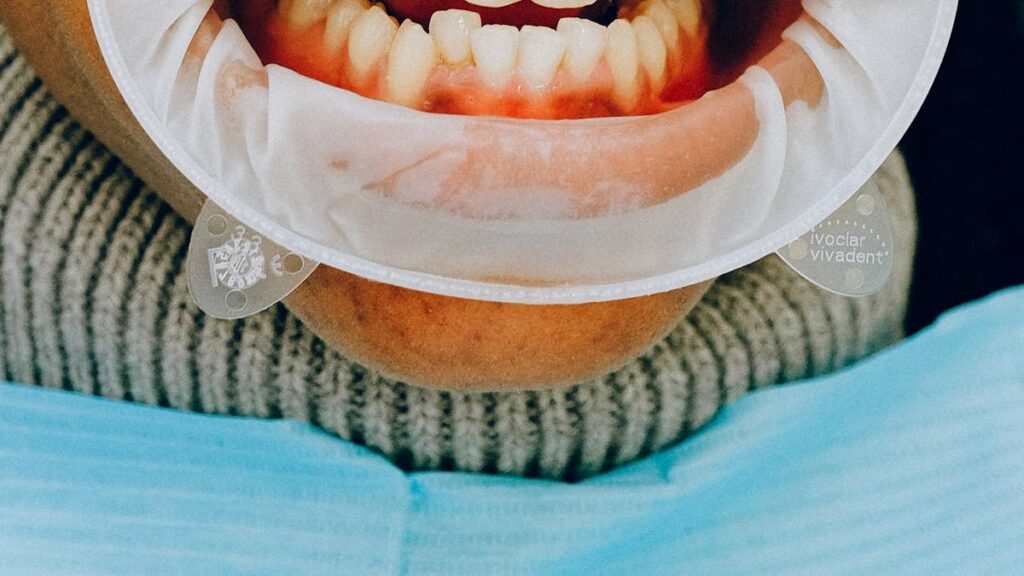
Maintaining your dental care is crucial. A clean dentition not only brightens your smile but also makes you feel fantastic. Regular dental hygiene helps you avoid problems like cavities and gum disease, which, if left untreated, can lead to serious health difficulties.
As we age, healthy teeth and gums allow us to enjoy a range of nutritious and pleasant foods. People of all ages face dental health issues every year. However, developments in oral health research show that today’s older people are preserving their natural teeth for longer than earlier generations.
To keep your gums and teeth healthy, follow some simple daily routines highlighted below and visit the dentist regularly. These recommendations can quickly improve your oral hygiene at home.
What Are 5 Healthy Dental Care Practices?
Good teeth require a lifetime of care. Even if you’ve been informed you have excellent teeth, you must take the necessary actions every day to care for them and avoid complications.
ALSO READ: What Happened to Johnny Depp’s Teeth, and Why Is He Proud of Them?
This includes using the correct oral care products and being aware of your everyday behaviors. Some of the practices include:
Brush Twice a Day
Brushing your teeth twice daily is one of the most beneficial habits you can cultivate to preserve good oral health. Brushing your teeth removes any overnight buildup of plaque and bacteria, giving you a fresh start every morning.
This easy habit keeps your teeth looking great and helps prevent bad breath and other frequent oral health problems.

Floss Regularly
Flossing is an important aspect of oral care that is frequently forgotten. It cleans regions between teeth that a toothbrush cannot. Flossing on a regular basis eliminates trapped food particles and plaque from these narrow places, which helps to avoid cavities and gum disease.
While it may appear to be an extra step, the advantages are significant. Flossing not only helps to keep teeth and gums in good condition but also contributes to better breath.
Keep Your Tongue in Mind
The surface of your tongue can store bacteria that cause bad breath and other oral health problems. So, incorporate tongue brushing into your routine to eradicate bacteria and improve breath freshness.
Cleaning your tongue, whether with a toothbrush or a dedicated tongue scraper, is a simple addition to your oral care regimen for healthy teeth.
POLL—Do You Support a Single-Payer Healthcare System (Medicare for All)?
Drink More Water
Staying hydrated is crucial for general health, including dental hygiene. Water helps to remove food particles and bacteria, keeping your mouth clean in between brushings. It also treats dry mouth, which can cause poor breath and other oral health problems.
Drinking at least eight glasses of water every day helps your body’s natural processes and maintains a healthy balance of saliva in your mouth. This equilibrium neutralizes acids and keeps teeth from decaying.
Use a Soft-Bristled Brush
Proper dental care begins with choosing the appropriate toothbrush. A soft-bristled toothbrush is recommended because it is gentle on tooth enamel and gums while properly cleaning teeth.
In contrast, hard bristles can erode enamel and irritate gums. Use a soft-bristled brush and replace it every three months, or sooner if the bristles get frayed, to ensure that your toothbrush does not destroy your enamel.

How To Clean Teeth Plaque?
Dental plaque is a sticky bacterial coating that builds on your teeth all the time. It is natural to generate plaque. However, if plaque is not removed through regular dental cleanings and everyday brushing and flossing, it can lead to cavities, gum disease, and other oral health issues.
WATCH: Life Hacks To Brighten Your Mood and Beat Depression
During a dental checkup, a dentist or hygienist will remove plaque and tartar from your teeth using special instruments. They could also recommend dental sealants to help prevent plaque from growing on your teeth’s chewing surfaces.
Furthermore, they could advise dry mouth therapies that stimulate saliva production or fluoride treatments to prevent the growth of plaque-causing bacteria, lowering your risk of tooth decay. Prescription toothpaste and antimicrobial mouthwash are also other things that help remove plaque from the teeth.
To decrease plaque, schedule regular dental appointments and maintain proper oral hygiene. Proper dental hygiene and maintenance might assist to avoid these problems.
You Might Also Like:
Nikki Glaser Named Golden Globe Awards 2025 Host, Promises an ‘Unforgettable’ Show
Boost Your Hair Growth With These Simple and Effective Oil Additions
Noel and Liam Gallagher End 15-Year Feud, Announce Oasis Reunion
Bobbi Althoff’s Post-Baby Body Changes: Lip Fillers, Weight Gain, and More
Sloth Fever: The Deadly Virus Spreading Across the US and Its Dangers

